A reflection for Advent 2 – Peace
On peace
Luke 1:39–45
Don’t be afraid, Mary.
The story last week featured Gabriel, messenger of God, urging Mary not to fear.
We mostly hear that in the context of the alarming invitation from God to partner in God’s redeeming work in creation. We hear it as assurance as the message of birth, controversy, hardship is delivered. ‘It’s for a good cause, Mary, it’s OK’
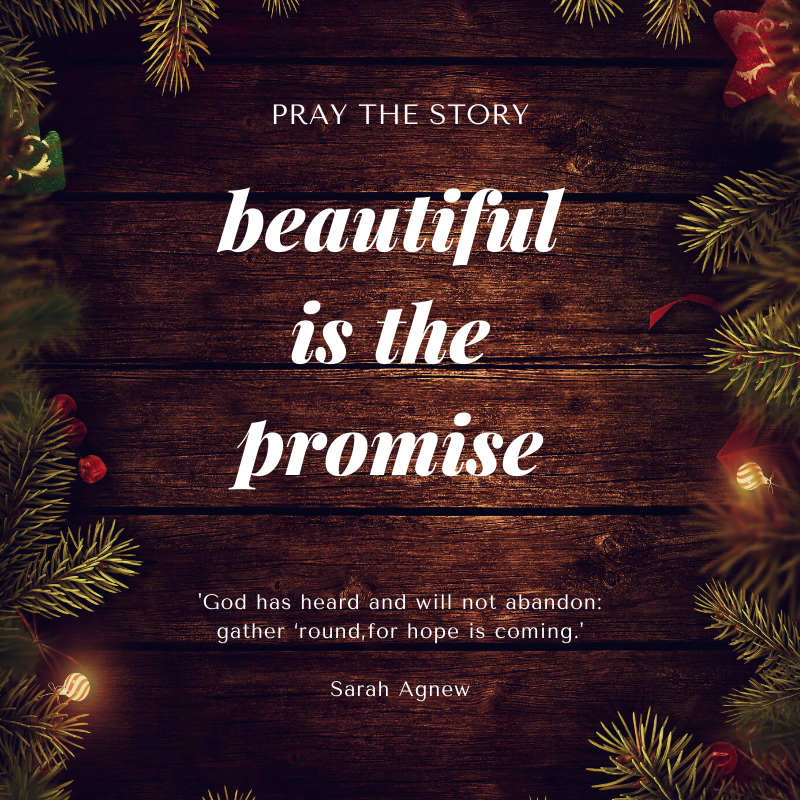
And we will hear Mary’s song next week, which is Gaudete Sunday – rejoicing, joy our theme. Mary rejoices in God who does not abandon Their people.
Pervading both Gabriel’s ‘do not fear’ and Mary’s song of joyful praise is peace.
Because that ‘do not fear’ contains hope for the world. For peoples like Mary’s Hebrews / Israel, that oppression, fear, death, don’t have the final say. That God is present, sees, hears, remembers.
You – plural, you all – do not need to be afraid. God is here.
That is hope. Hope that grits its teeth and endures through adversity. Hope that frees slaves into singing from the cotton fields; liberates prisoners in camps into acts of generous, dangerous, kindness for one another. Hope that lifts us beyond the struggle so as to equip us for the struggle. Because the struggle remains; new struggles arrive again and again.
And there is, of course, joy in the hope that keeps us going. A soul liberated beyond the present captivity sings joys our captors do not understand; even we ourselves do not fully understand, but we know, feel, we embrace it.
There is gift in that do not fear, that you need no longer be afraid.
Because life is beyond what we know. Life transcends its earthly limitations.
breathe in deep
breathe out slowly
And there – there – is the peace
We begin with the peace we feel, ourselves, each one, embracing the liberation of God’s incarnation, God’s offer of hope, and what it means for us in our circumstances to know we are free, we are alive!
We begin there, but peace does not end there
On gratitude
I read an article in The Atlantic this week about toxic positivity – the ‘think positive’, ‘stay positive’ platitudes that seek to minimise, ignore, dismiss struggle and hardship. The author (Scott Barry Kaufman) presented an alternative – ‘tragic optimism’. In which you acknowledge the struggle and move through it. It’s a posture of processing traumatic events that opens us up to growth, to a shift in worldview, discovery of meaning.
I also watched an interview with two sisters who have written on burn out and strategies for coping well with it, and preventing it. They described emotions as tunnels, and we have to go through the tunnels. Stress is a tunnel, and we go through the tunnel. There’s no good or bad judgement on the emotion, the stress – they are what they are, natural responses to life’s events. What is unhealthy, however, is getting stuck in the tunnel, turning around and trying to back out, or remaining at the entrance trying to go around, to avoid … What is healthy is paying attention to the tunnel you’re in, and continuing to move forward through it.
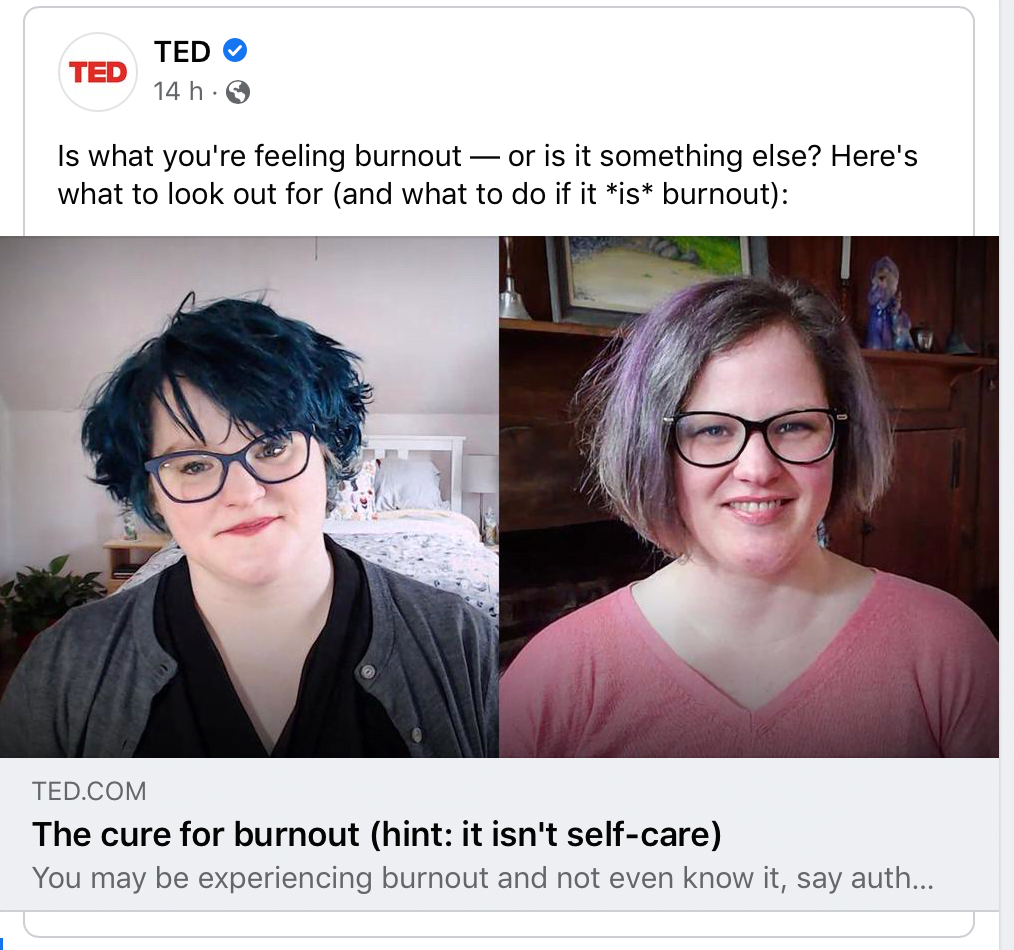
If I return to the article, Kaufman presented another idea: existential gratitude. Kaufman offered a caution in relation to practices of gratitude that are often encouraged as ways to ‘stay positive’. If that gratitude focuses on being glad for my life, my learning, my gifts – it becomes that toxic positivity that leads us into selfish, self-centred individualism that is, in the end, self-defeating.
Existential gratitude, on the other hand, is a posture of gratitude for life as a whole; for the gift it is, overall. It’s a posture that leads us to look for the gifts life offers, and evokes generosity towards others, because I am grateful for you.
To heal and prevent burnout, those two sisters were saying, it is important to immerse ourselves in bubbles of love. Relationships in which our gratitude for each other helps us to see someone’s behaviour of chaotic disorganisation, judgemental snide remarks, with curiosity and ask – what do you need? kindness? help? encouragement? A posture of existential gratitude helps me to regard my own anger, frustration, grumpiness and ask – what do I need? kindness? help? a holiday?
Mutual gifts
In her moment of extraordinary collaboration with God, in preparation for an uncomfortable season in her community with the controversy of a pre-wedding pregnancy, Mary – if we imagine into the gaps – asks, what do I need? I need a bubble of love. I need family. I need not to be alone.
So she visits Elizabeth.
And here’s where we find the inherent mutuality of humans. In seeking the peace offered by companionship with her kin, Mary offers to Elizabeth that same gift of peace through her presence.
As we receive the gift of baptism not for or as ourselves alone, but into one Spirit, into one family, so we receive the gifts of this season of waiting not for ourselves alone. Not as individuals alone. And not as the Christian church alone. We are to take hope, joy, peace into the world.

Sure, we start with our encounters with the story and ask: what hope do I find here? what joy will I sing in praise to God? what peace do I receive as a gift?
and then – as we have capacity, for that will differ year to year and person to person – then we ask and how can I share the story of hope with my neighbour? where is joy being sung elsewhere where I can join in? How am I a gift of peace with my presence for another?
Our challenge, our invitation this week. Do one thing. If you can, do more. Send a card. pick up the phone. visit. pray. Give time and your self to another with peaceful intent.
It starts with us. this hope. this joy. this peace. and we carry it on. with our posture of gratitude that seeks the gift of life where ever we go, in whomever we meet. Amen.

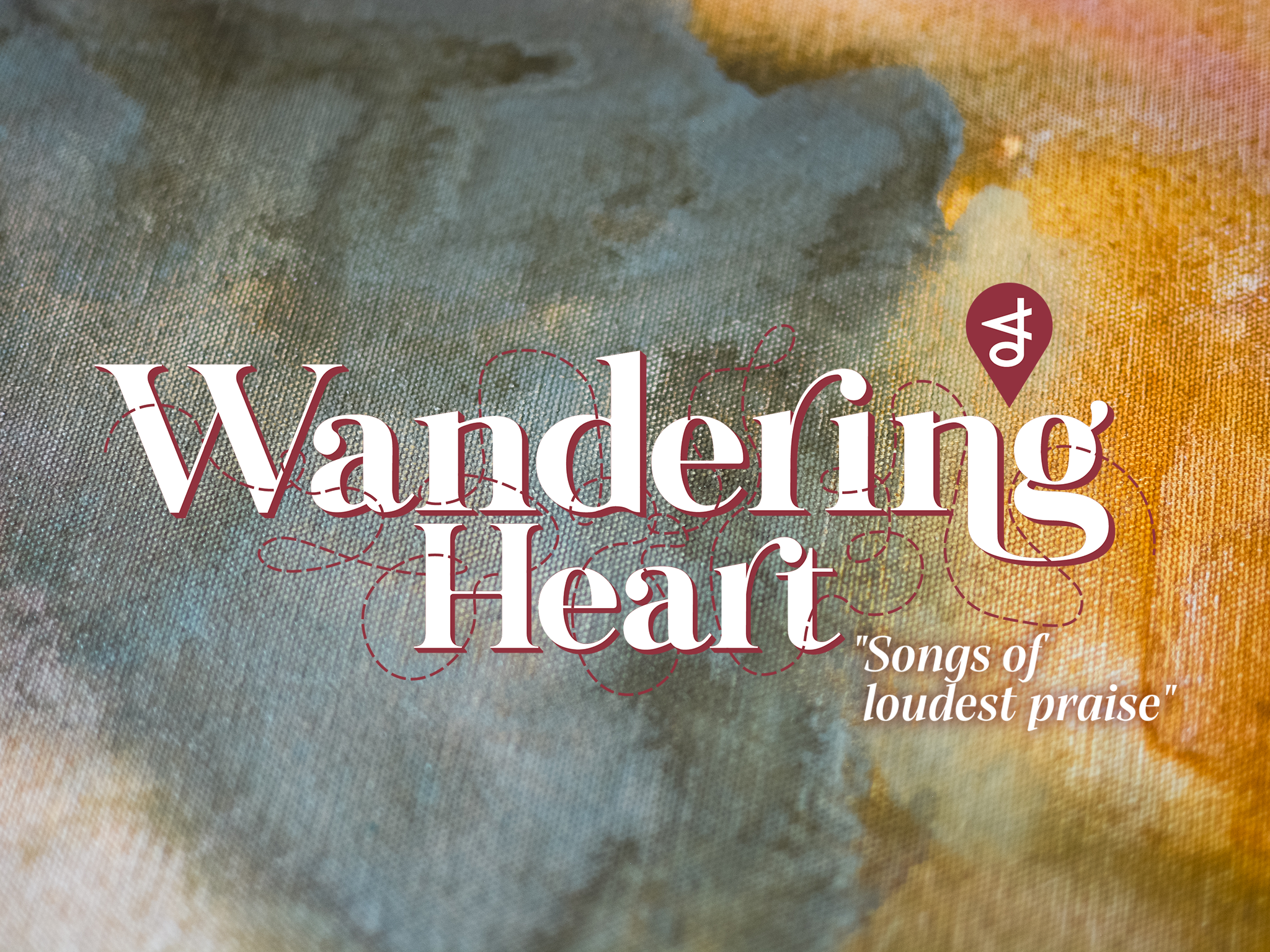
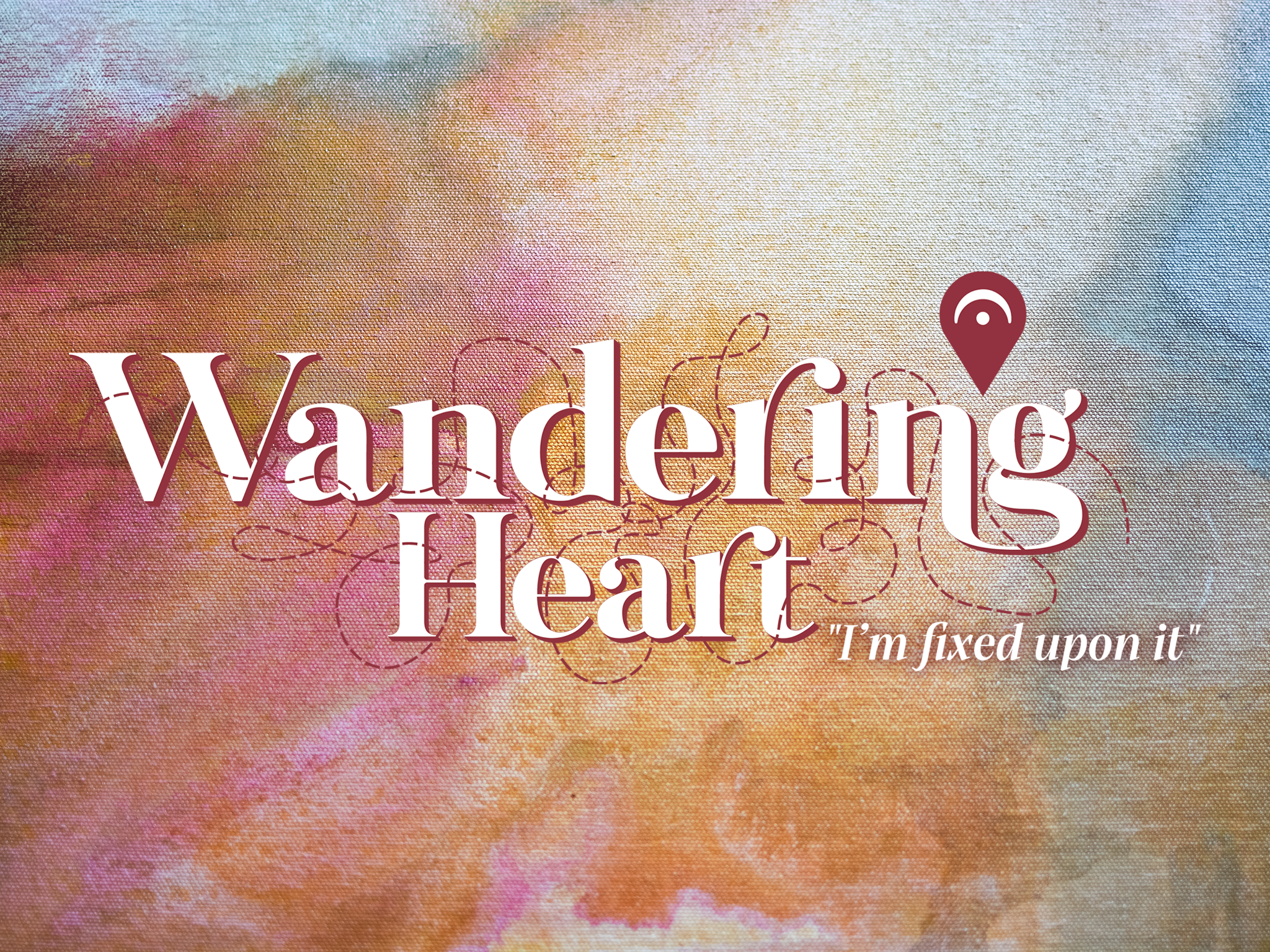
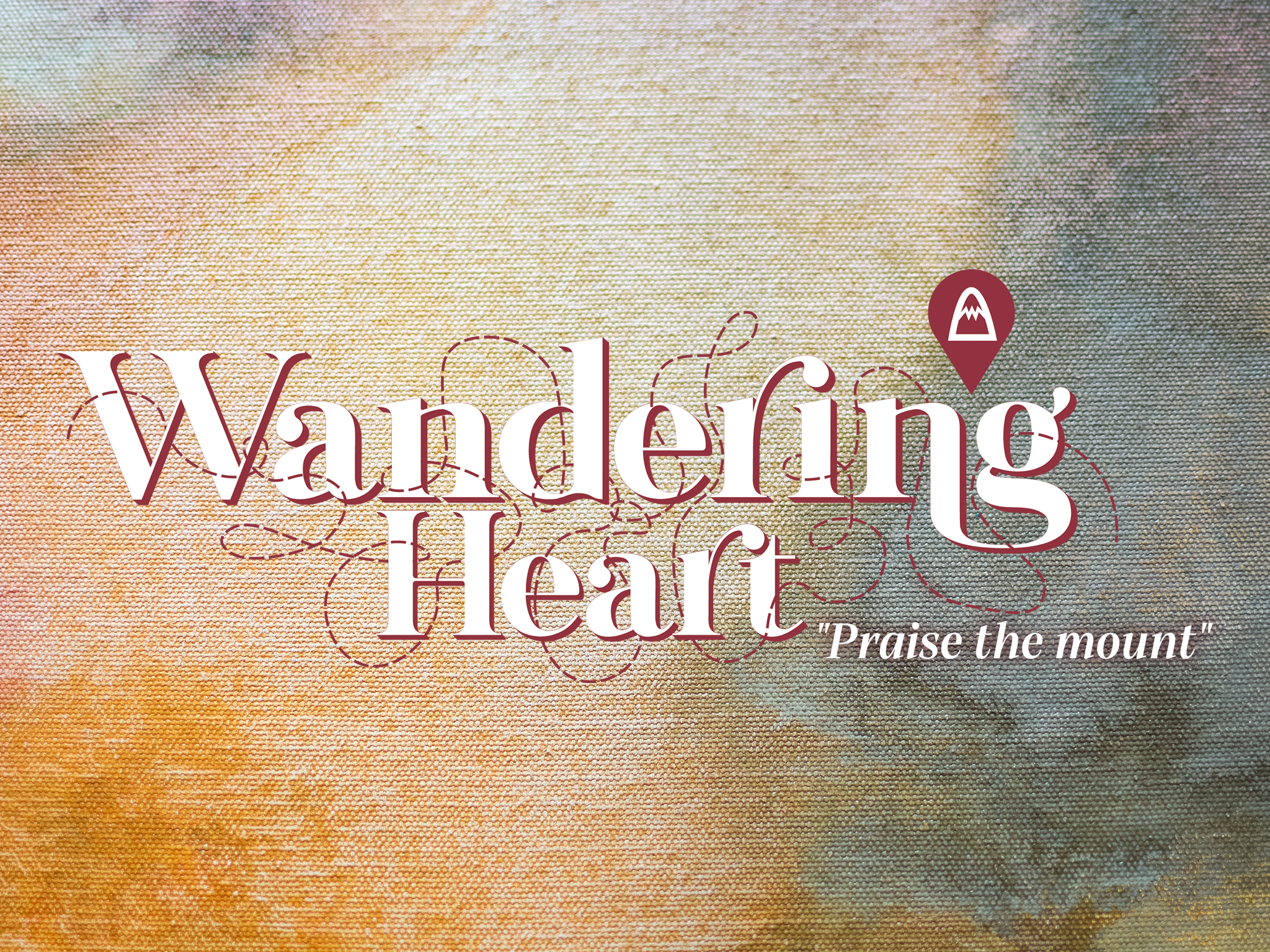
Leave A Comment